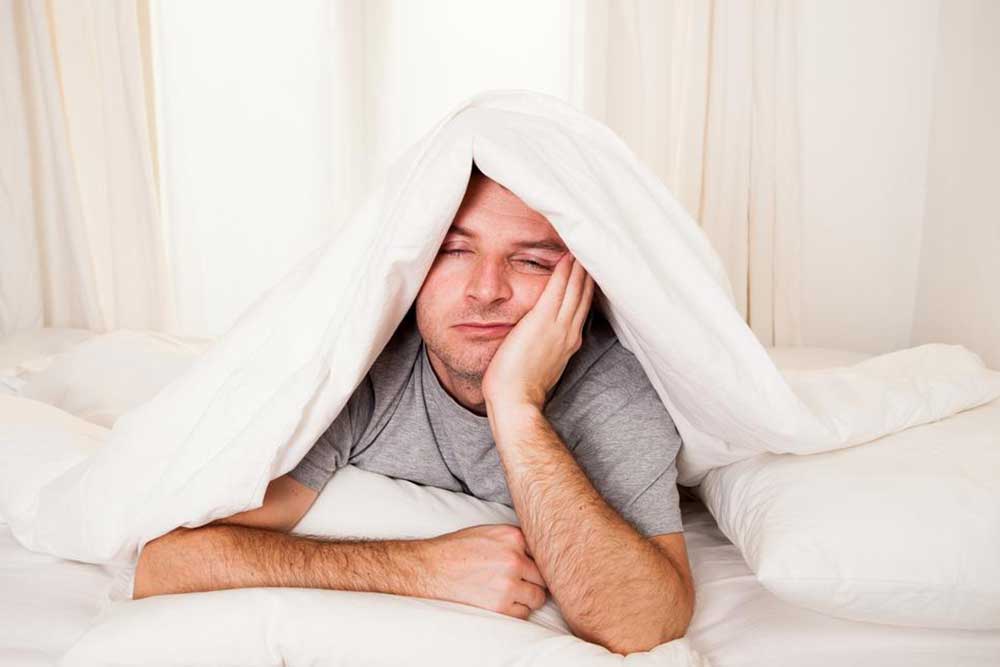Know about the Causes of Night Sweats in Men and Women
Night sweats, or hyperhidrosis, are recurring occurrences of extreme perspiration during nighttime that may be related to an underlying medical condition or illness. Night sweating exceeds the usual sweating and usually occurs on both sides of the body. The affected person’s nightwear may be partially or completely drenched in sweat and may occasionally awaken them due to excessive perspiration. Generally, these are associated with fever, low blood pressure, or several hormone disorders.

Causes of night sweat
There are several night sweats causes; some of them have been listed below:
Hypoglycemia – Low blood sugar during sleep may be one of the night sweats causes. This happens to people who are on insulin or anti-diabetic medications. Try to have a snack before bedtime to avoid this condition.
Sleep apnea – This condition arises when the person gets less oxygen and experiences breathlessness during the night, resulting in night sweat.
Lymphoma – It is known that many cancers can cause night sweat and lymphoma is the most common among them.
Neurological disorders – Neurologic conditions including autonomic dysreflexia, post-traumatic syringomyelia, stroke, and autonomic neuropathy may cause increased sweating and possibly lead to night sweats.
Overactive thyroid – Hyperthyroidism can also cause excessive sweating at night. When thyroid glands create too many hormones, the body temperature is likely to rise, and the person may experience night sweats along with thirst and hunger.
Hormonal disorders – Sweating or flushing can be seen in several hormone disorders, including pheochromocytoma, carcinoid syndrome, and hyperthyroidism.
Infections – Many infections, especially tuberculosis and bacterial infections causing endocarditis, or inflammation of heart valves, and osteomyelitis or inflammation within bones can also be one of the night sweats causes.
Medications – Taking certain medications can also lead to night sweat. Some common medicines are antidepressants; medicines taken to lower temperature caused by fever such as aspirin, ibuprofen, or acetaminophen; and cortisone medications.
Menopausal transition – One of the common night sweats causes seen in women is during their menopause transition time. Women who have had their ovaries removed may also experience night sweat. However, it is best to confirm with a doctor.
Anxiety disorders – Stress and worry or even nightmares and bad dreams can cause night sweat in a person. It is advisable to seek help from a therapist or counselor.
People experiencing night sweats can regulate the room temperature by using air conditioners or fans to feel more comfortable. Additionally, they can avoid fabrics that do not breathe and which do not absorb moisture.